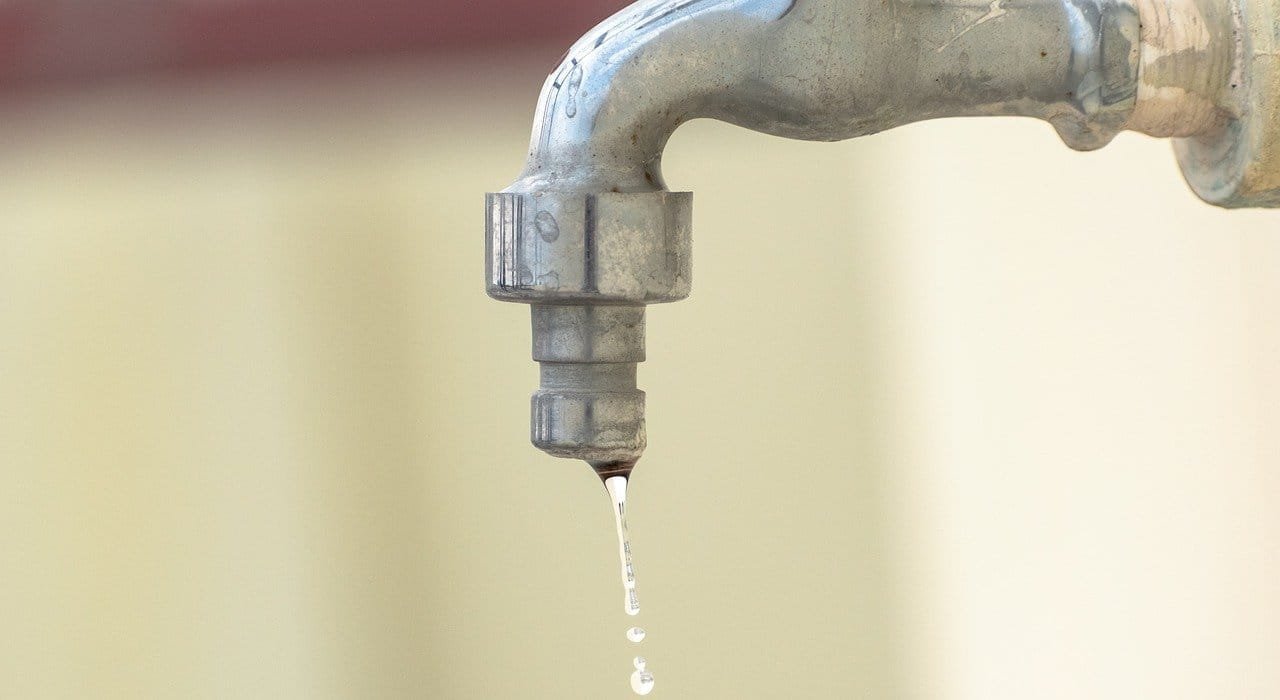Writing Task:
Some people believe they have the right to use as much water as they want, while others think the government should strictly control water usage because it is a limited resource.
Discuss both views and give your opinion.
Task Analysis:
This is a Discuss Both Views and Give Your Opinion type of IELTS Writing Task 2 question. We need to look at both sides of the argument and then share our own viewpoint.
Our overall standpoint can be that using pricing strategies is a smarter way to manage water use than enforcing strict rules. If someone uses more water than necessary, they should face much higher charges. But for those staying within normal limits, water prices should stay reasonable so that everyone can afford it. At the same time, governments should work on spreading awareness about saving water and educating people to build better habits when it comes to water use.
For the structure, the essay can start by explaining the idea that people should have the freedom to use water as they wish because they pay for it. Then, the second paragraph can focus on why government control is seen as necessary to stop waste and overuse. Finally, the third paragraph will share our viewpoint, combining the pricing approach with public education, and wrap things up naturally without needing a separate conclusion.
Writing Sample:
It is believed by some that they have the right to use water freely, while others argue that governments should strictly control water consumption because it is a limited resource. From my perspective, I think that pricing strategies and public education are more effective solutions.
Those who support unlimited water usage often see it as a personal right, especially since they pay for it. They believe they should have the freedom to decide how much water to use without government interference. They argue that as long as they are paying, there should be no restrictions. However, this approach can lead to excessive waste, especially in regions where water scarcity is already a serious problem. In many areas facing droughts, such attitudes can worsen the crisis and place extra pressure on limited water reserves.
On the other hand, some believe strict government regulations are necessary to ensure fair water distribution and long-term sustainability. By setting usage limits or enforcing penalties for overconsumption, authorities can prevent waste and protect this precious resource. Nevertheless, overly strict measures might feel unfair to those who use water responsibly. Families or businesses with genuine needs for higher water consumption, such as farmers or small industries, may find these regulations restrictive and impractical.
In my view, a balanced approach is better. Governments can introduce tiered pricing systems, where excessive usage results in significantly higher costs. This method ensures that those who waste water face financial consequences while regular users are not unfairly burdened. At the same time, basic water needs should remain affordable for everyone, especially low-income households. Additionally, promoting water-saving habits through education campaigns can encourage responsible usage and long-term awareness. Schools, media, and community programs can play a key role in spreading awareness about simple habits like fixing leaks, turning off taps when not in use, and using water-efficient appliances.
